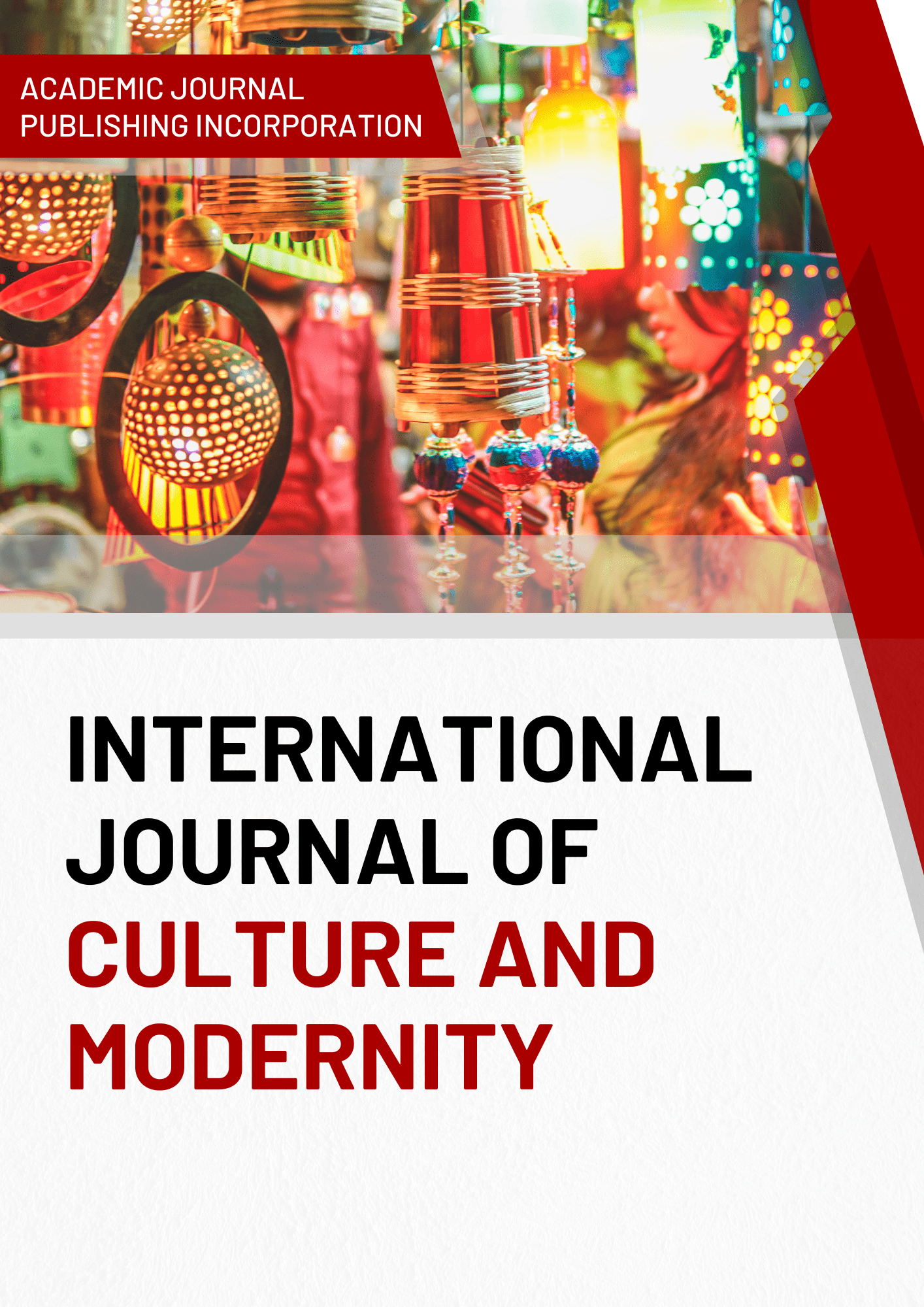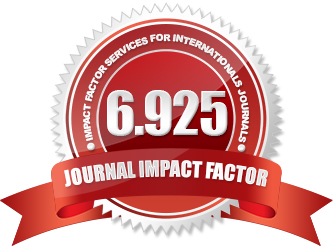Communicative Category of Politeness in German Linguoculture
DOI:
https://doi.org/10.51699/ijcm.v13i.208Keywords:
consciousness, politeness, pragmalinguistic, metalanguage, interpersonal communication, communicative etiquette, tactileAbstract
According comprehensive pragmalinguistic and linguoculturological study of politeness in German linguoculture is carried out in the work through the prism of the theory of communicative etiquette and some theories of communicative strategies of politeness, which make it possible to describe the forms and degree of objectification of explicit politeness and to identify the specifics of implicit politeness in the speech communication of Germans. At the same time, the concept of communicative etiquette is introduced, its components are singled out, and a new typology of this phenomenon is proposed. On the basis of an experimental study, the substantive features of the category of politeness in the German communicative consciousness, as well as the typical features of the national character of the Germans, which are manifested in communication, are clarified.
References
Suyarova Z. S. SOME MAJOR PROBLEMS THAT ESL LEARNERS HAVE WITH GRAMMAR //Вестник современной науки. – 2015. – №. 5. – С. 105-108.
Суярова З. Ш. Some problems in learning phrasal verbs //Молодой ученый. – 2015. – №. 13. – С. 713-715.
Ibragimova D. S. Borrowings of Turkic words and derivations in English language //Humanities and Social Sciences in Europe: Achievements and Perspectives, 3rd International symposium. – 2014. – С. 251-254.
Kudria O. A. Lexico-Semantic Classification of English and Ukrainian Secondary Colour Terms: Linguoculturological Aspect //Russian Language Studies. – 2015. – №. 1. – С. 53-59.
Razzokova Mahfiza Khabibovna, & Maxmudjanova Diana Kahramonovna. (2021). INFLUENCE OF THE USE OF INFORMATION TECHNOLOGIES IN EDUCATION. JournalNX - A Multidisciplinary Peer Reviewed Journal, 7(07), 145–148. https://doi.org/10.17605/OSF.IO/786SX
Суярова З. К. Место мультимедийных технологий в учебном процессе //Молодой ученый. – 2015. – №. 3. – С. 80-83.
Shamsiddinovna I. D., Bakhtiyarovna Z. N. Educational process in integrated educational environment //Проблемы педагогики. – 2020. – №. 3 (48). – С. 86-88.
Shelia M. LEXICO-SEMANTIC ASPECT OF LINGUOCULTUROLOGICAL CONCEPTS ³BREAD AND ³WINE IN THE GEORGIAN AND ENGLISH PHRASEOLOGICAL UNITS.
Буряк Н. Ю. LINGUISTIC CONSCIOUSNESS AS A PROBLEM OF LINGUOCULTUROLOGY //Вестник ИМСИТ. – 2020. – №. 3. – С. 23-26.
Ibragimova D.Sh. APPLYING AUDIO LINGUAL METHOD IN ENGLISH LESSONS/Zayniyeva N.B//International Journal of Psychosocial Rehabilitation. 2020. Volume 24 Issue 4. p 2999-3002 https://10.37200/IJPR/V24I4/PR201412
Kahramonovna, M.D. 2021. Language in Philosoph. International Journal on Integrated Education. 4, 7 (Jul. 2021), 108-111. DOI:https://doi.org/10.31149/ijie.v4i7.2062.







